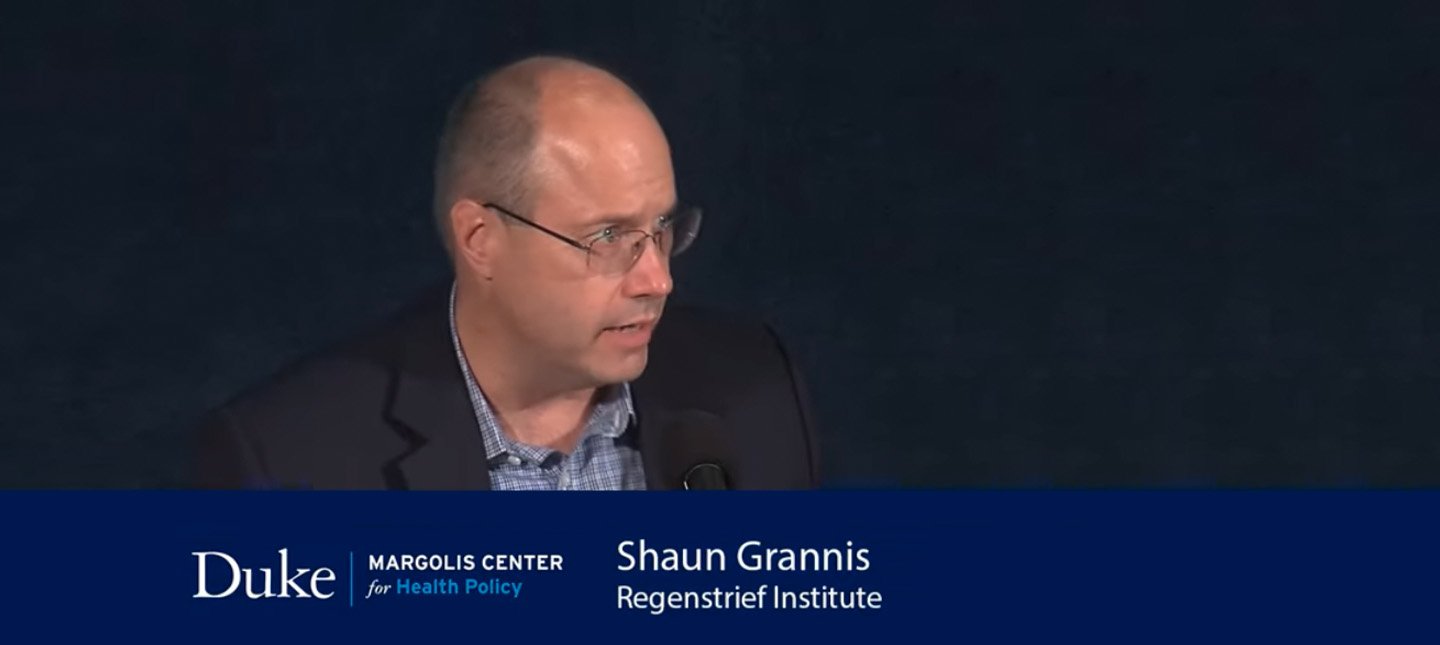Patient identity management is a gaping hole in the American electronic healthcare system, one that needs to be addressed to improve the quality of real-world data according to Regenstrief Institute research scientist Shaun Grannis, M.D. He was one of several experts participating in a recent conference in Washington, D.C. to inform the U.S. Food and Drug Administration’s (FDA) use of real-world data and evidence to support its regulatory decisions.
The FDA is required by law to create a program to use real-world evidence. Scientists at the conference explored issues addressed in the FDA’s framework for creating that program.
Dr. Grannis, the director of the Center for Biomedical Informatics at Regenstrief Institute, spoke in a session about curating and assessing data from electronic health records. He highlighted the need to adopt standards and common practices to improve patient identity management.
Our challenge is that standards are like toothbrushes. Everybody has one, but nobody wants to use someone else’s.
“Our challenge is that standards are like toothbrushes,” Dr. Grannis said. “Everybody has one, but nobody wants to use someone else’s. We now know that standardizing demographic data improves the accuracy of patient record matching and the overall quality of data. Now is the time to advance common approaches.”
Dr. Grannis cited a study from Regenstrief, Indiana University School of Medicine, Indiana University Richard M. Fairbanks School of Public Health at IUPUI and the Pew Charitable Trusts demonstrating that standardizing the format of last names and addresses can improve health record linkage by as much as 8 percent, which is equal to more than 2 billion records. He also spoke about the burgeoning effort to begin introduction of an expectation of standard practices for recording patient information.
Other panels at the conference discussed how to foster an ecosystem that facilitates the collection and generation of high-quality data and leveraging patient-generated health data.
The conference was funded by the FDA through a cooperative agreement with the Duke-Margolis Center for Health Policy.
Watch Dr. Grannis’ presentation:
In addition to his role at Regenstrief, Dr. Grannis is the Clem McDonald Professor of Biomedical Informatics and professor of family medicine at Indiana University School of Medicine.










